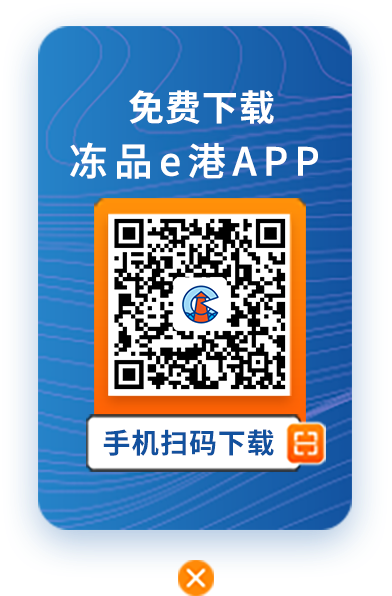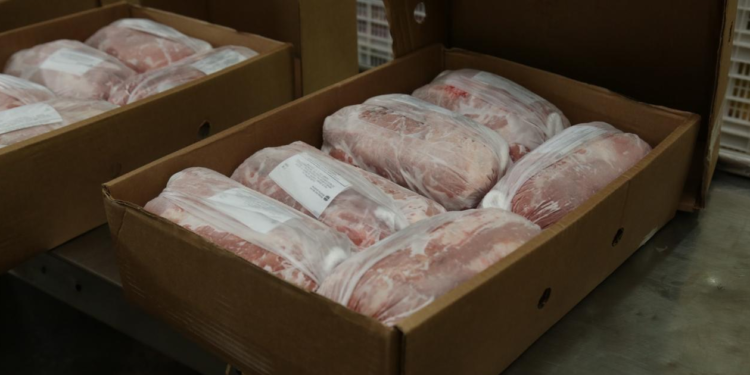
Argentina's Temporary Exemption of Export Tariffs: More Promise Than Reality, as Foreign Exchange Settlement for Payments Must Be Completed Within 3 Days of Contract Signing

Reducing export tariffs to zero has long been a shared demand across all links in Argentina's meat production chain. Although this adjustment is a temporary measure, it is still well-received by leaders in the meat industry, who express hope that the policy will be extended in the future. However, the implementation of this policy also faces certain challenges.
According to Decree No. 685/2025, exporters are required to make advance foreign exchange payments within 3 days after obtaining approval for their Foreign Trade Compliance Commitments (DJVE). Enterprises that fail to meet this requirement on time will no longer be eligible for the zero-tariff treatment.
In an interview with Canal Rural, Mario Ravettino, President of the ABC Alliance, stated: "In concept, this is a positive policy that aligns with our long-standing appeals. Our competitors do not pay this tax, which affects our competitiveness, so we have been striving to make the zero-tariff policy permanent."
However, he also pointed out: "The practical operation will not be easy. The decree mandates the advance settlement of foreign exchange within a maximum of 3 days after the foreign trade contract takes effect. Yet, the payment cycle for such trade is usually much longer. Take China as an example; the common practice is to make a partial advance payment first and settle the remaining balance upon the arrival of goods."
Mr. Ravettino further analyzed that enterprises can meet this requirement through export pre-financing or their own funds. "If pre-financing is adopted, a good cooperative relationship with banks is necessary; if working capital is used, not all enterprises have the corresponding capacity." Moreover, bank pre-financing is associated with high interest rates, which will significantly increase transaction costs and affect the feasibility of projects.
Source of this article: Lingxian Cloud Frozen Products
将出口关税降为零是阿根廷肉类生产链各环节长期以来的共同诉求。尽管本次调整为暂时性措施,但仍受到肉类行业领导者的欢迎,他们期待该政策未来能够延续。然而,该项政策的落地执行也面临一定挑战。
根据第685/2025号法令规定,出口商在对外贸易履约承诺书(DJVE)获批后,需在3天内预缴相应外汇;未能按时履行该要求的企业将无法继续享受零关税待遇。
ABC联盟主席马里奥·拉维蒂诺在接受《农村频道》采访时表示:“从理念上看,这是一项积极的政策,符合我们长期以来的呼吁。我们的竞争对手并不缴纳这项对我们构成竞争力的税款,因此我们一直争取将其永久化。”
但他也指出:“实际操作并不容易。法令要求在外贸合同生效后最多三天内完成外汇预结算。然而,该类贸易的付款周期通常更长。以中国为例,通常采用部分预付款、货到结清余款的方式。”
拉维蒂诺进一步分析,企业可通过出口预融资或自有资金来应对这一要求。“若采用预融资,需与银行建立良好合作;若动用营运资金,则并非所有企业都具备相应能力。”而银行预融资存在利率较高的问题,会显著增加交易成本,影响项目的可行性。
本文来源:领鲜云冻品
更多精彩内容,请关注冻品e港H5端或公众号












